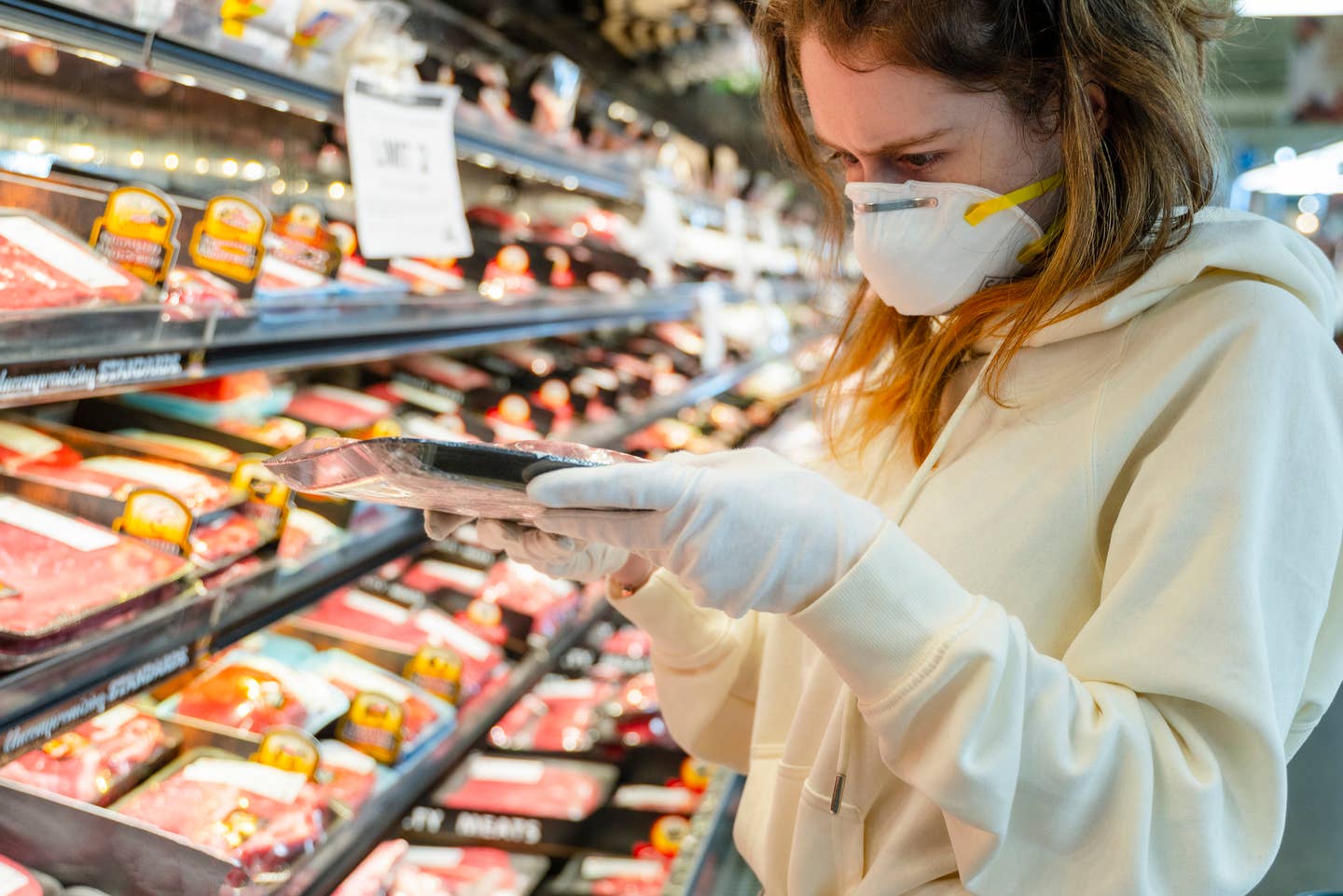
Doctors Warn Consumers COVID-19 Can Spread Through Meat Products
More than 12,000 nationwide in The Physicians Committee for Responsible Medicine are imploring the United States Department of Agriculture (USDA) to alert consumers that COVID-19 can be spread rapidly through the distribution of meat products. The PCRM filed a petition with the USDA to require slaughterhouses to test meat for the virus before distributing to grocery stores and add a warning label to products.
Mark Kennedy, vice president for Legal Affairs at the PCRM, gave insight to both requests, saying, “Because these workers, who may be asymptomatic viral carriers, directly handle meat and poultry products, and because SARS-CoV-2 is easily airborne, remaining detectable for 30 minutes or more in air samples, [the] transmission of the virus to the products they handle is likely.”
Climbing Number of Positive Cases at US Facilities
Slaughterhouses and meat producers around the country have been hit hard with soaring numbers of employees testing positive for the COVID-19 coronavirus. A few major players have been so heavily affected they have had to shut down. CBS reported that in a North Carolina Tyson processing center alone, nearly 600 workers have tested positive for the virus. The Midwest Center for Investigative Reporting has tracked positive cases of employees nationwide and has estimated that as of May 20, there have been at least 15,300 cases tied to meatpacking facilities in 192 plants located in 32 states. The company with the highest density of employees is Tyson Meats, with 5,194 confirmed cases of the COVID-19 virus.
A recent study by the World Journal of Clinical Cases called Stability and Infectivity of Coronaviruses in Inanimate Environments has shown that "SARS-CoV-2 could exist in the air in poorly ventilated buses for at least 30 min," which makes it the likelihood that the virus could remain on meat products being handled in slaughterhouse facilities high.
The petition also wants the USDA to require meat products to come with a warning label that alerts consumers to the likelihood that their purchase could carry the virus.
More From The Beet






